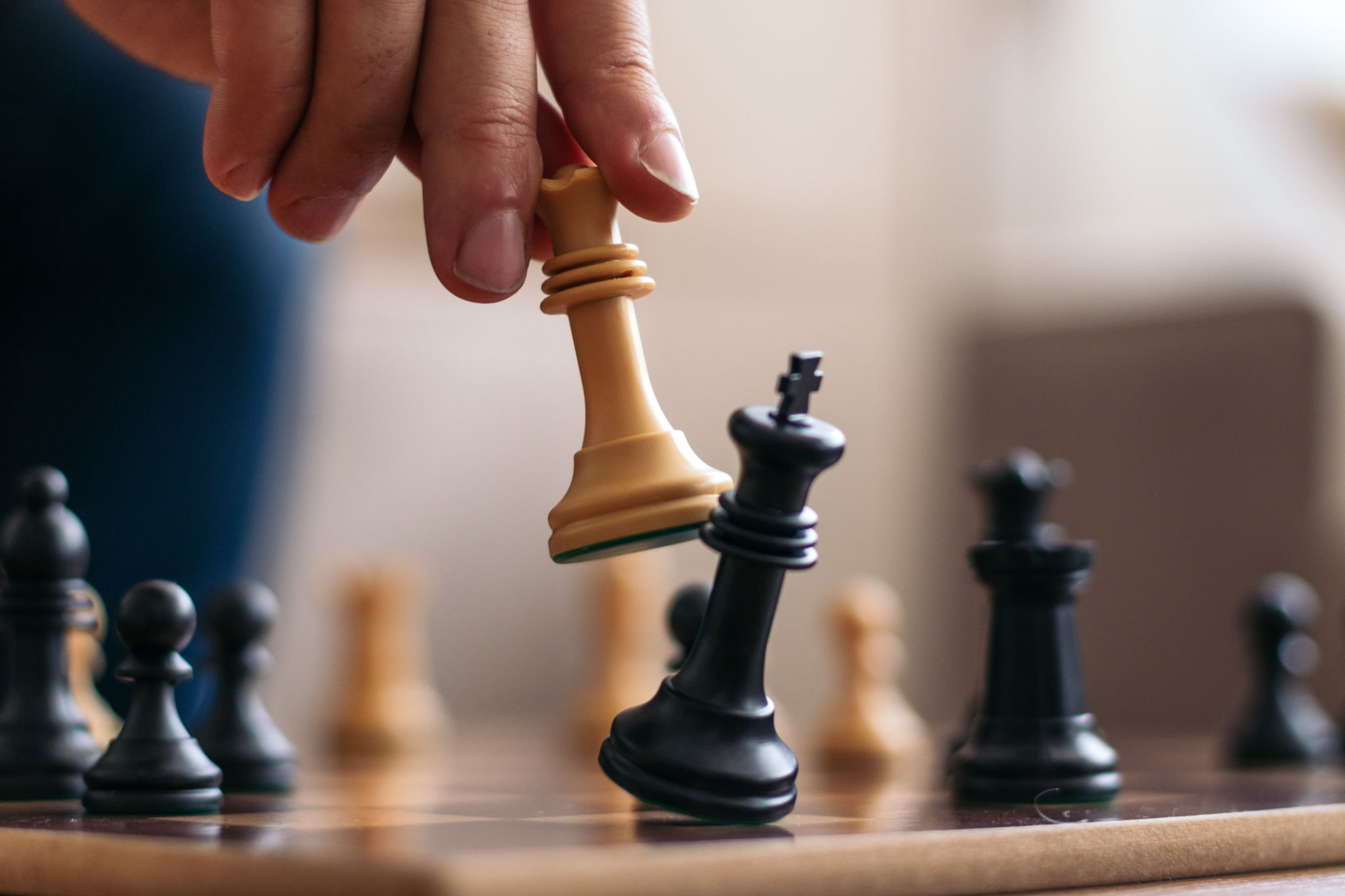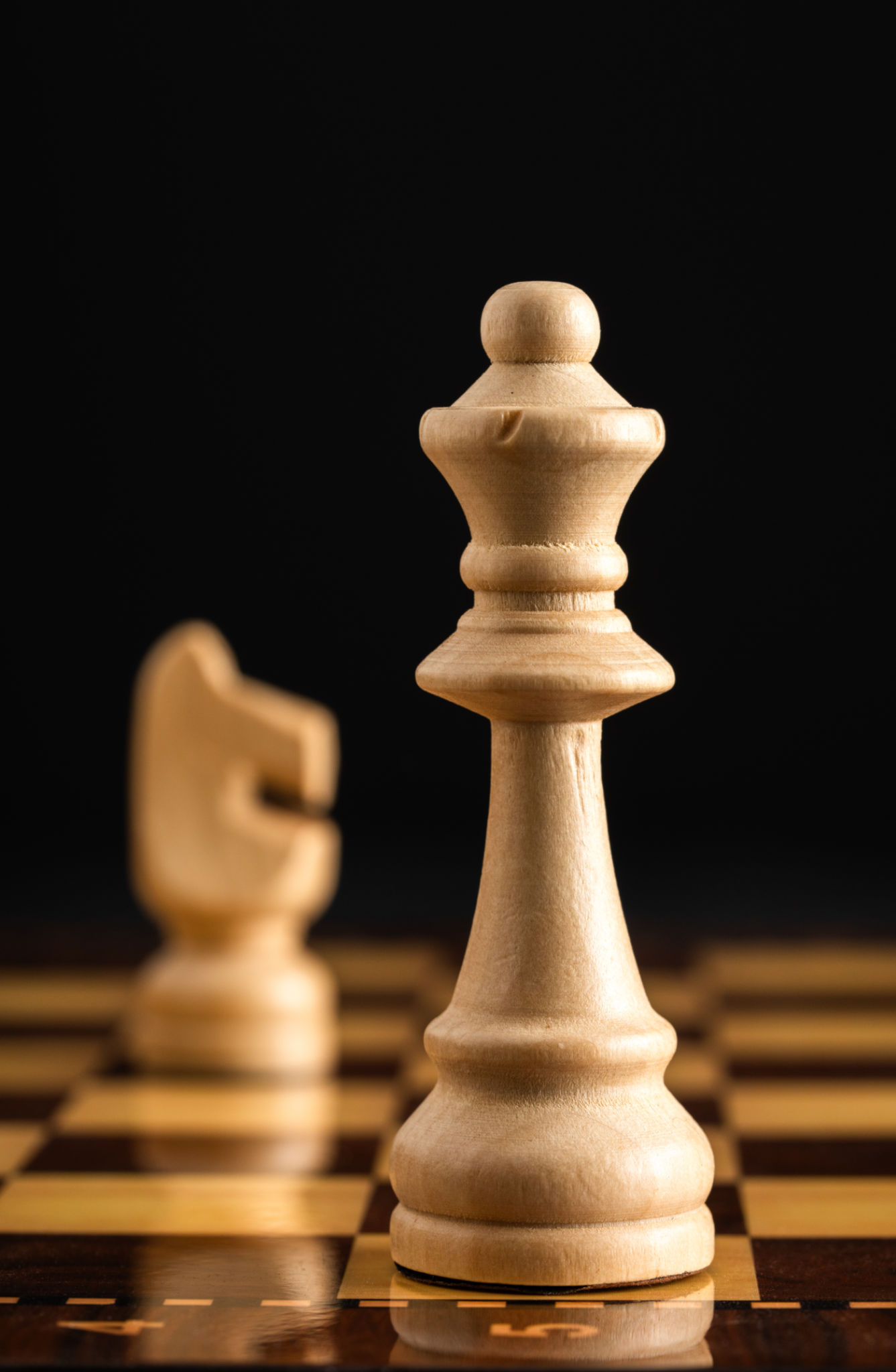The Impact of Chess on Cognitive Development: Insights and Benefits
The Cognitive Benefits of Chess
Chess, often regarded as a game of intellect and strategy, has been linked to significant cognitive benefits. As players engage in the intricate dance of pawns, knights, and bishops, they also exercise their brains in ways that enhance various cognitive functions. This ancient game is more than just a pastime; it's a powerful tool for cognitive development.
Research has shown that playing chess can improve memory, problem-solving skills, and concentration. The game requires players to remember complex positions and anticipate their opponent's moves, which exercises both short-term and long-term memory. Furthermore, the strategic nature of chess enhances critical thinking and decision-making abilities.

Enhancing Problem-Solving Skills
Chess is essentially a puzzle that requires constant analysis and strategic planning. Players must evaluate multiple scenarios and choose the best course of action, fostering problem-solving skills. These skills are transferable to real-life situations where weighing options and making informed decisions are critical.
Moreover, chess teaches the importance of foresight and adaptability. Players learn to predict potential outcomes and adjust their strategies accordingly, a valuable lesson applicable in both academic and professional settings.
Boosting Memory and Concentration
The complexity of chess positions demands a high level of concentration. Players must stay focused for extended periods, improving their attention span. This enhanced concentration translates to other areas of life, including academics, where sustained focus is crucial for success.

Memory is another cognitive function that benefits from playing chess. Remembering previous games and strategies helps players to refine their tactics. This sharpening of memory can aid in academic learning and retention of information.
Encouraging Creative Thinking
While chess is a game of rules, it also encourages creativity. Players often devise innovative strategies to outmaneuver opponents, fostering creative thinking. This ability to think outside the box is invaluable in today’s rapidly changing world.
Creative problem solving in chess can inspire players to apply similar innovative approaches in various aspects of their lives, promoting a mindset that embraces challenges with creativity and ingenuity.

Developing Emotional Intelligence
Chess also plays a role in developing emotional intelligence. The game requires patience, resilience, and the ability to handle defeat gracefully. Players learn to manage emotions effectively, which is essential for personal growth and building healthy relationships.
Additionally, the social aspect of chess—whether playing with friends or in competitive tournaments—enhances communication skills and sportsmanship.
The Long-Term Impact on Cognitive Development
The cognitive benefits of chess extend beyond immediate improvements in memory or concentration. Long-term engagement with the game can lead to lasting enhancements in cognitive abilities that support lifelong learning and personal development.
As more educational institutions incorporate chess into their curricula, its impact on cognitive development becomes increasingly evident. This timeless game continues to shape minds, nurturing intellectual growth and fostering a culture of strategic thinking.